Peer benchmarking empowers organizations to evaluate their performance by comparing it with similar companies within their industry.
The IMPCT Assessment process provides invaluable insights into areas needing improvement, as it draws on real-time data and peer-to-peer insights.
By tapping into these direct comparisons, organizations can enhance their decision-making processes, uncover best practices, improve financial performance, and maintain a competitive edge.
Unlike self-assessments or evaluations influenced by vendors, peer benchmarking offers an unbiased, trusted view of a company's standing in the market.
The IMPCT Assessment facilitates this by creating a community where leaders can engage in these beneficial comparisons, ensuring they are always aware of how they measure up against their industry counterparts.
Executive Leader at Fortune 100 Company
What types of data do we need to share?
Companies are typically asked to share high-level metrics such as financial performance, operational benchmarks, and other anonymized data points relevant to industry analysis.
How will our data be used in the index?
The data will be aggregated and anonymized to generate industry trends, benchmarks, and insights that allow participants to understand their performance in a broader industry context.
Is our company’s data confidential?
Yes, all data shared is treated as strictly confidential. Individual company data will not be disclosed, and only aggregated industry-level insights will be shared in reports.
How do you ensure data security?
Our systems use advanced encryption protocols and access controls to protect all data. We also adhere to strict data protection policies and follow industry best practices for cybersecurity.
Who has access to our data?
Access to individual data is restricted to authorized personnel involved in data processing. All employees handling data are trained in confidentiality and data protection protocols.
Will our company be identifiable in any reports?
No. All data is anonymized before it is included in any published materials, ensuring that individual company metrics cannot be traced back to your organization.
What happens to our data after the analysis is complete?
After analysis, data is securely stored in compliance with data retention policies or permanently deleted if requested.
Can we review or update our data if needed?
Yes. Companies can review their submissions and make updates as necessary. We provide support for any updates throughout the process to ensure accuracy and data integrity.
How often do we need to submit data?
Data submission frequency varies based on the index's requirements, but updates are generally requested annually or quarterly to keep the index current.
Looking to go deeper or have additional questions?
Our team is available to address any questions or concerns you have. Additionally, we can discuss how IMPCT Group can support your organization with our other solutions and advisory capabilities. Please reach out to us at info@impctgroup.com.
let's talk today

















